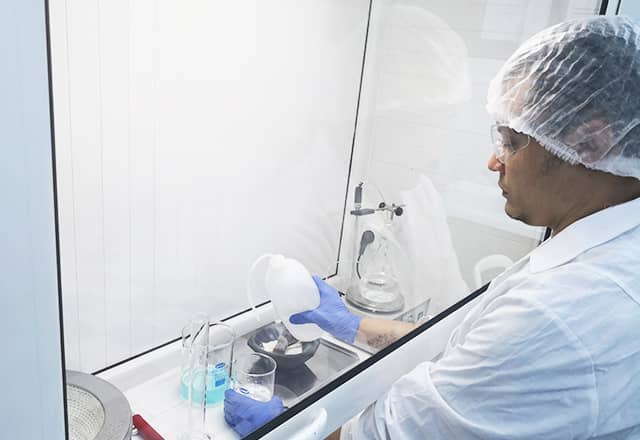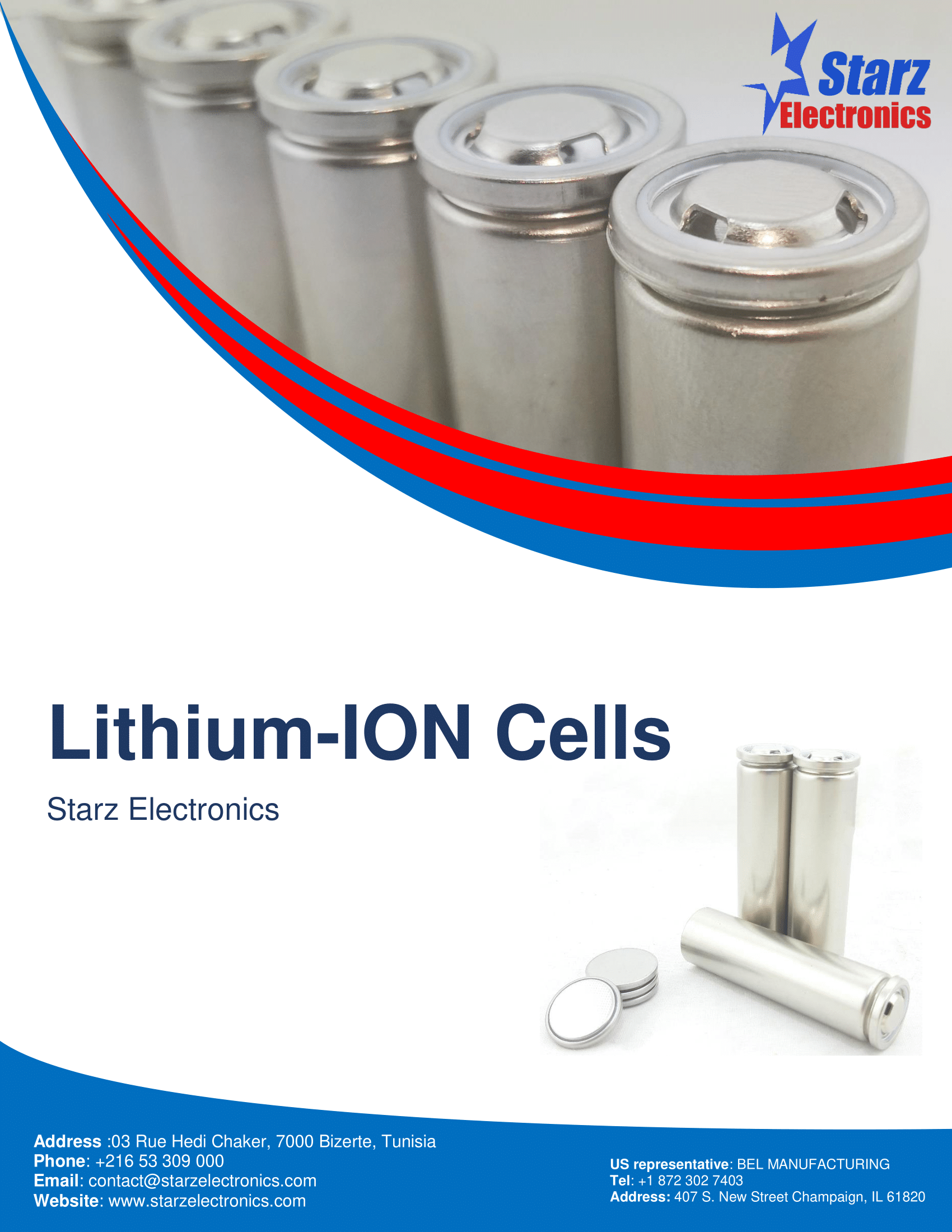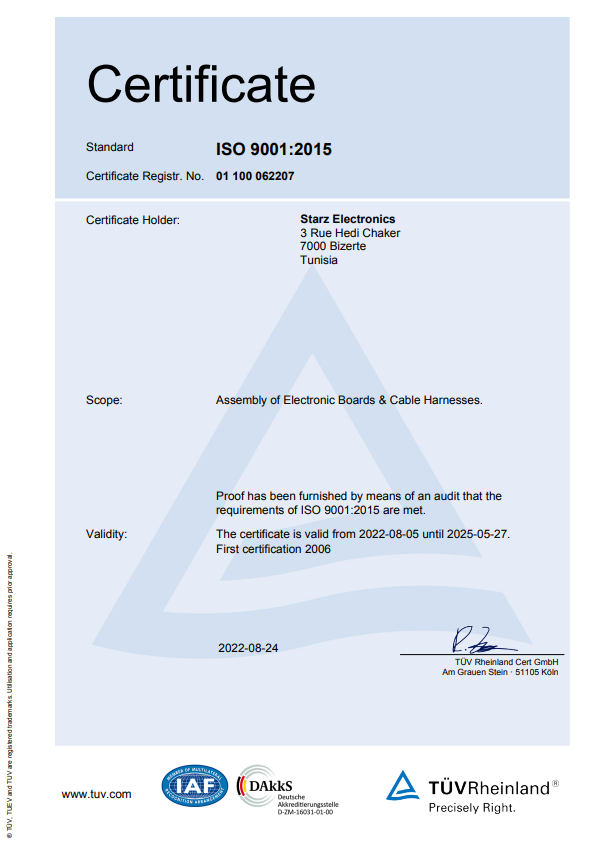The evolution of energy storage technologies has reached new heights. Lithium-ion batteries, in particular, are leading the way in terms of widespread use. Had investment in R&D lacked, this would not have been possible.
At Starz Electronics, we are striving to take part in this evolution and endeavoring to solve industry-relevant challenges. Our research activities are primarily focusing on developing energy storage solutions, notably solutions that apply lithium-ion technology. As it requires breakthrough materials, we drew a roadmap that emphasizes the synthesis of battery materials. We’re not only aiming at enhancing performance but also at reducing the final cost.
We’re pursuing higher energy density, an enhanced cycle and calendar life, and better safety characteristics, all of which are targeted, taking into account the optimization of costs.
For more information: visit our website.

Building the first Lithium-ion battery Lab in northern Africa:
Following two years of project implementation, we succeeded in venturing into the industry of lithium-ion batteries by launching the first-ever Lithium-ion-focused lab in the Northern African region.
A team of researchers has been at the forefront of the progress made so far. Demonstrating conscientiousness and commitment to targeted goals; our team is on the right track to develop materials for next-generation lithium-ion batteries.
Making use of the latest synthesis techniques of battery materials, our R&D team spares no effort in finessing different types of Li-ion cathodes and anodes, including:
- Lithium iron phosphate (LFP)
- Lithium Nickel Manganese Cobalt (NMC)
- Lithium Cobalt oxide (LCO)
An automatic Traceability System
An R&D process involves the use of resources to transform input into output data. Throughout this process, every single data is retrievable and traceable, thanks to our traceability system.
Many times, manual traceability fails to be effective. Subsequently, errors are inevitable, and the impact on the quality of research is discernible.
Our internally developed traceability solution supports the efforts of our R&D team and counters this problem, enabling the automatic tracking of every input and result. This implies an efficient usage of data regardless of its scale.
What’s coming next ?
In an ever-changing battery industry, our lab is constantly on the lookout for new trending technologies, be it solid-state lithium batteries, sodium-based batteries and polymer-based electrolytes.
Through our present and future research, we envision to contribute even in the tiniest way possible, to the development of innovative, reliable and cheaper energy storage solutions.
For more information you can download our project brochures:





